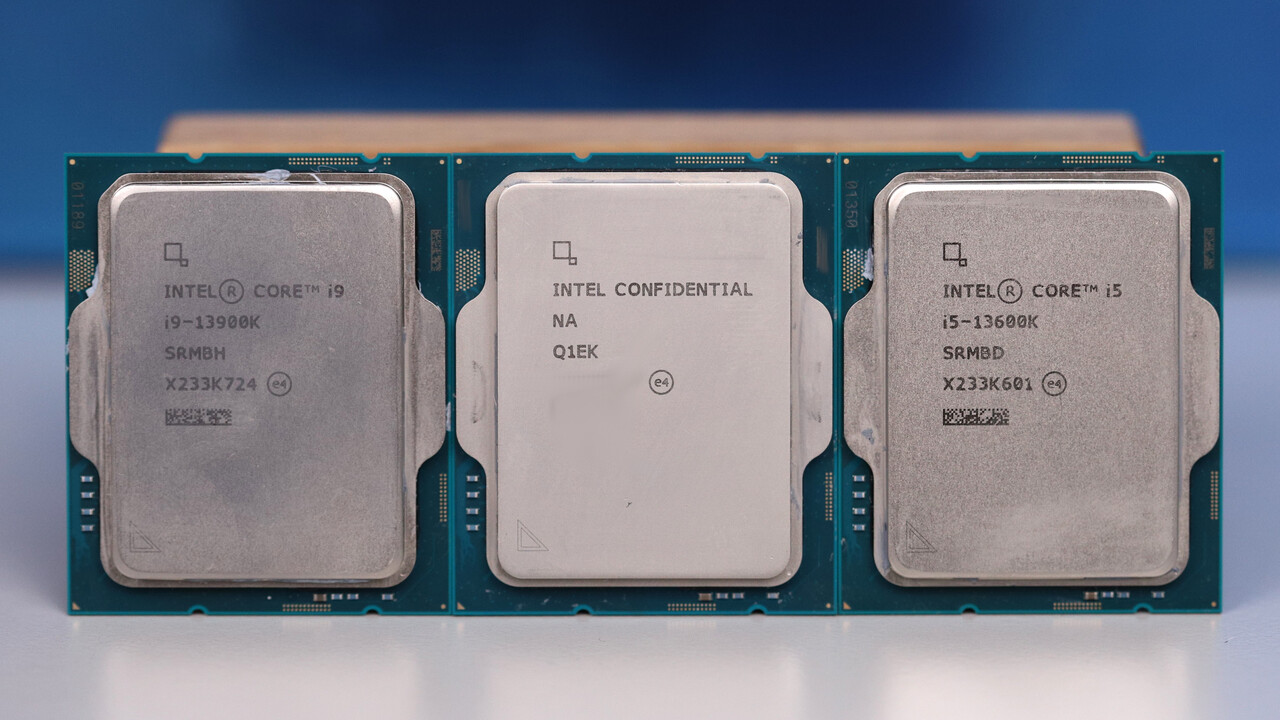thestryker
Judicious
It's not a review of the product though so it shouldn't be labeled as such.I do understand that! However, I also understand that Paul just installed the new CPUs the same way your typical DIY'er would. That makes the review valid, IMO.
This isn't testing the CPU as it functions out of the box however and you don't seem to be understanding that. This is only testing as it stands in this reviewers setup with the results not being representative. For example if they were running one of the MSI boards which had their thermal throttle limit raised the results would be wildly different. This is the problem with reviewing this way while not providing the baseline. Professional reviewers didn't hand wave away MCE when it first started getting enabled and they shouldn't with this either.It's important to test these products as they function out-of-the-box. As a supplemental test, it would be highly informative to test them as per the official Intel spec.
I think you're both overestimating how much Intel actually cares. Motherboard makers do these things to try to position themselves above each other and always have since the early days of MCE.I agree with @King_V that Intel is basically trying to have it both ways. By letting their board partners use non-standard specs, reviewers get the best performance benchmarks. However, because it's non-standard, Intel can claim the power figures are invalid (without mentioning the performance is also invalidated). It's a clever tactic, but I don't think it wowrks. All people see are the countless reviews showing the out-of-the-box behavior - both in terms of performance, but also heat & power.
If Intel cared about how the results looked they'd actually mandate specific settings to make themselves look better. Instead what the reviews end up looking like is a bunch of varying performance and power consumption which is all over the place. With this it's pretty hard to nail down any conclusion other than high power consumption.
Let's face it with this launch if they really cared about how things looked the only CPU they'd have sampled early is the 14700K.







